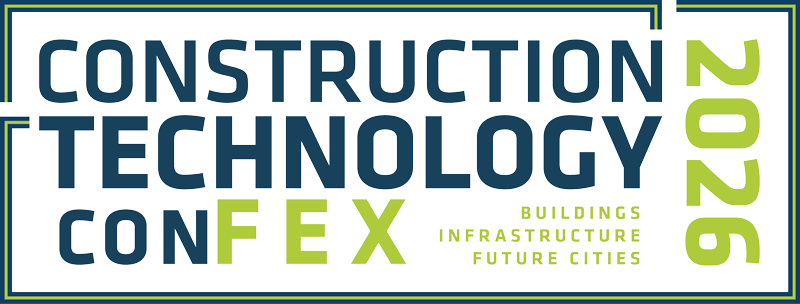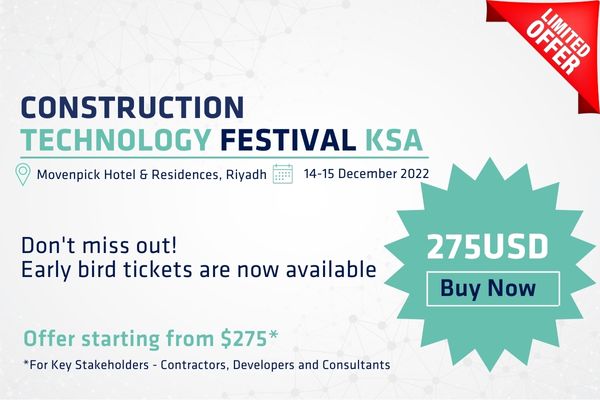February 03, 2025
Digital Transformation in Property Development: Embracing Construction Technology for Competitive Advantage
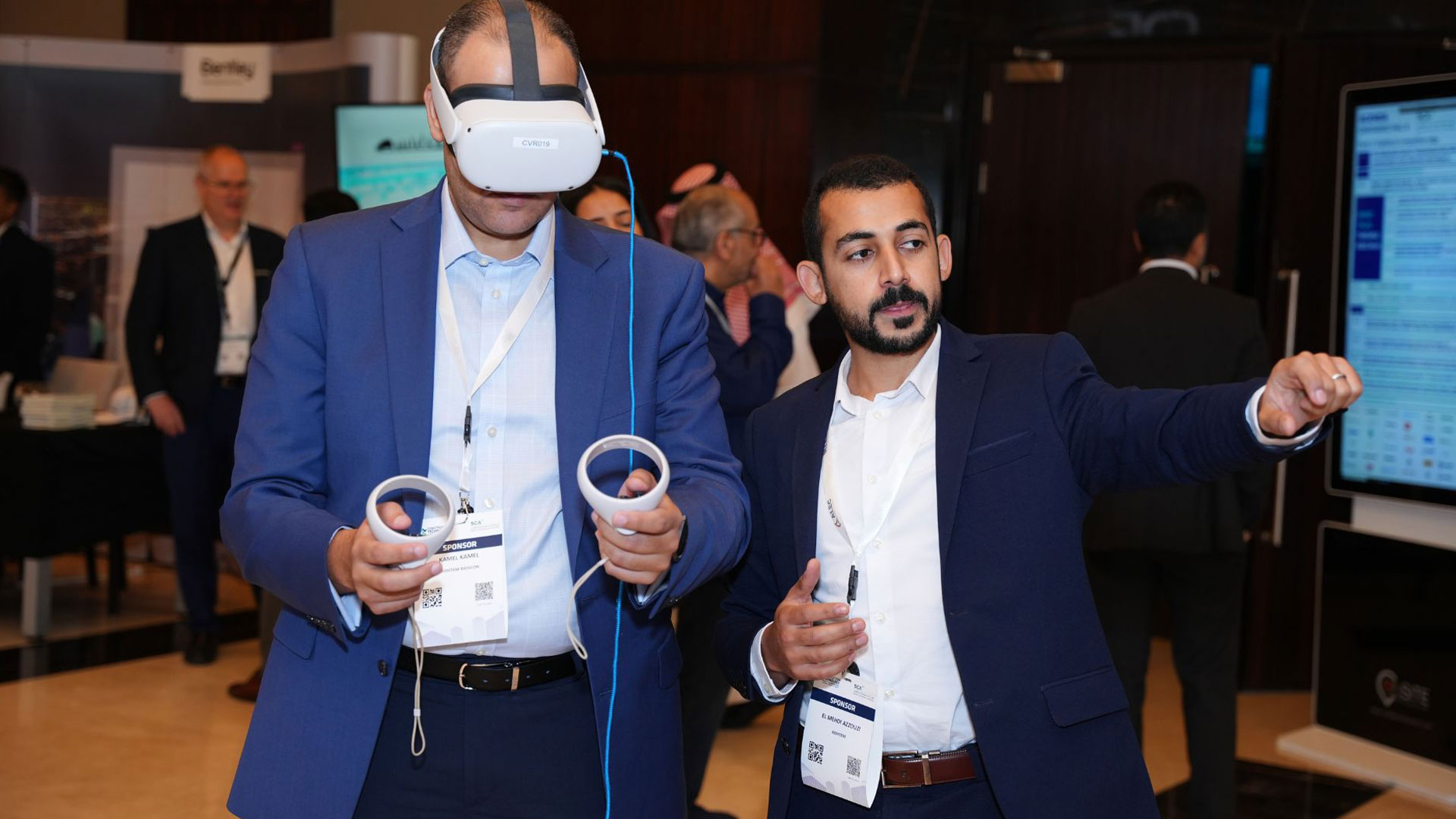
The construction sector and real estate industry are experiencing ongoing transformation due to advanced digital technologies in their operations. Technological innovation has enabled the real estate industry to replace conventional development methods, improving performance while decreasing expenses and delivering better project results.
The integration of construction technology is a mandatory requirement for today’s high-speed business. Real estate professionals, including developers and investors, need to adopt digital tools to maintain business competitiveness while fulfilling adaptive consumer demands. Virtual reality (VR) and augmented reality (AR) are transformative innovations that modify how designers construct properties while transforming their marketing strategies.
In this blog, we'll explore the rapid changes in property development by evaluating VR and AR technology's broad construction capabilities.
The Evolution of Property Development in the Digital Age
For decades, the property development industry used conventional hand-operated methods that slowed down processes and generated high project costs. Digital transformation has introduced revolutionary operational methods and successful project enhancement approaches.
Traditional vs. Modern Property Development
Standard property development relies on hard-copy blueprints, physical models, and manual workforce execution. Modern developers employ state-of-the-art building programs and cloud computing solutions. They also use digital project management platforms to maximise their operational efficiency.
How Technology is Revolutionising Construction and Real Estate?
Through automated systems incorporating smart materials and artificial intelligence technologies, construction operations progress at quicker rates, with improved safety profiles and reduced costs. This new technology also helps developers better calculate anticipated expenses, find hidden structural problems, and schedule precisely.
Key Benefits of Digital Transformation
- Enhanced efficiency and faster project completion.
- Green building practices incorporate sustainable methods and produce minimal debris.
- The combination of automated processes along with data-driven choices leads to cost savings.
Understanding Construction Technology: A Game-Changer for Property Development
What exactly is construction technology? The innovative tools and methods that enhance construction efficiency and accuracy while promoting sustainability constitute construction technology. This new technology is more focused on sustainable development. That's why it includes:
Building Information Modelling (BIM):
BIM allows building designs to be displayed as digital representations, helping organisers better plan tasks together. It is mainly used for planning, designing, constructing, and managing building projects.
AI and Machine Learning:
These programs draw information to help predict future scenarios, measure risks, and perform automated processes.
Smart Construction Techniques:
Real-time project tracking relies on IoT-powered monitoring systems that operate through the Internet of Things platform. This helps you keep an eye on each and every action.
The advancement of automation enables smart construction technology to decrease costs and errors while providing better timetables for project completion.
The Role of Virtual Reality (VR) in Property Development
In the present day, the construction industry relies heavily on VR as a transformative platform. This platform enables developers, along with architects and investors, to pre-build project visualisations.
Revolutionising Architectural Design & Project Visualisation
The implementation of VR technology enables property stakeholders to experience comprehensive 360-degree virtual walkthroughs. This allows them to find and rectify design problems, redesign spaces, and enhance their appearance before starting actual construction.
Enhancing Customer Experience Through Virtual Property Tours
The invention of VR-powered virtual tours eliminates the need for property buyers and investors to rely on physical site visits because they access properties from any global location.
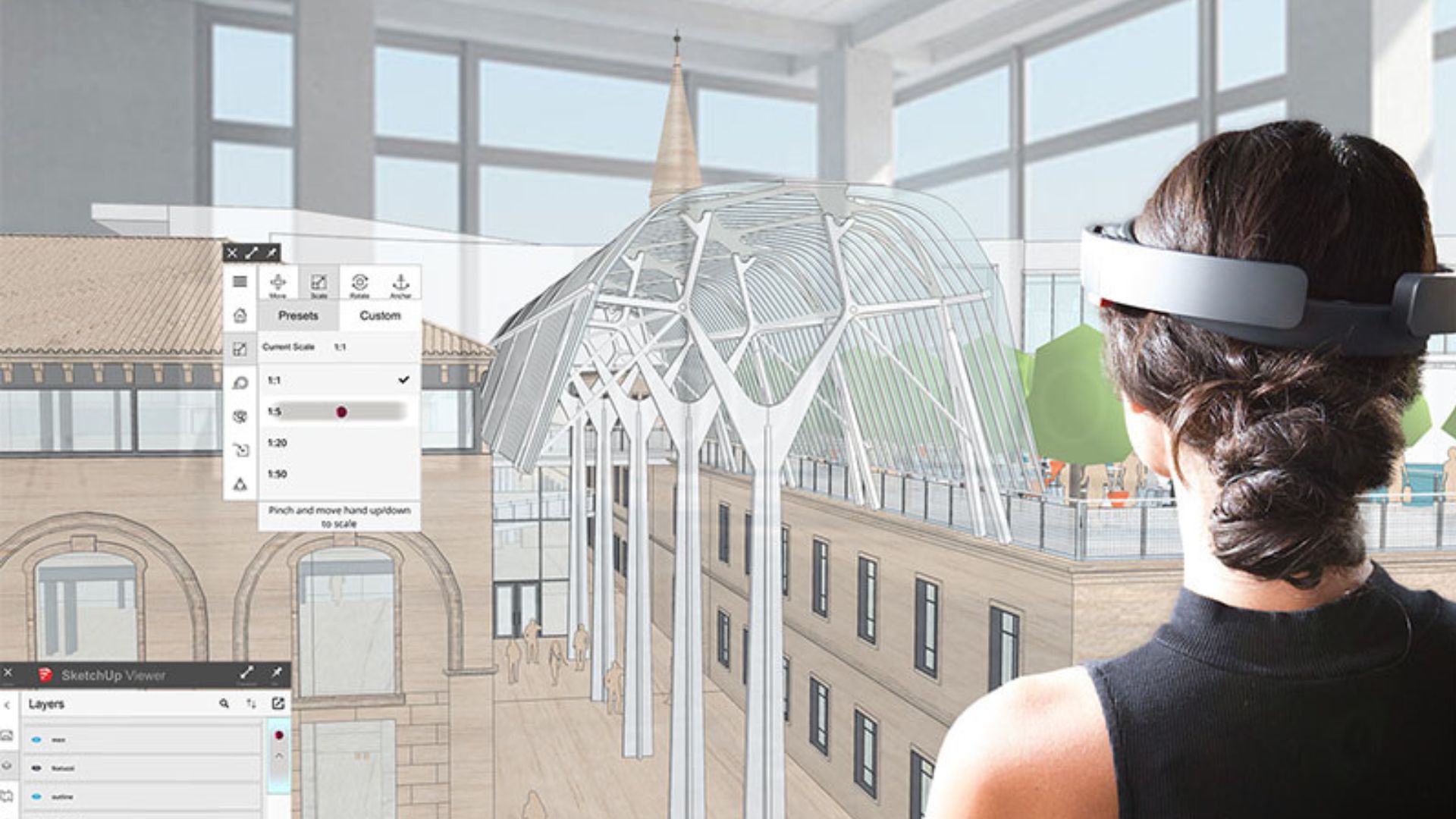
Reducing Project Risks with VR in Planning & Construction
Through virtual reality simulations, developers can prevent costly initial construction flaws that often result in unsafe project conditions.
Leading property developers use AR technology for streamlined approvals. This technology accelerates decision-making processes and generates better buyer engagement, resulting in increased property sales and enhanced profitability.
Augmented Reality (AR): Bridging the Gap Between Digital and Physical
Real-world construction experiences gain transformative capabilities through AR technology because it adds digital interface layers to actual environments.
Design Validation with AR in Construction
Using AR technology, architects and engineers achieve real-time design visualisation in actual construction areas to inspect blueprint fit with site conditions.
Improving Safety Training & Site Inspections
Workers benefit from safety instructions in real-time through AR-powered smart helmets and glasses. This substantially reduces accidents and enhances compliance with regulations.
Enhancing Team Collaboration for Greater Accuracy
Project management teams, engineering experts, and construction developers use AR applications to interact with digital 3D models at job sites. They can then immediately modify designs to improve operational performance.
Major developers integrate AR into their standard operations to minimise uncertainties and schedule delays, avoid errors, and maximise resource use.
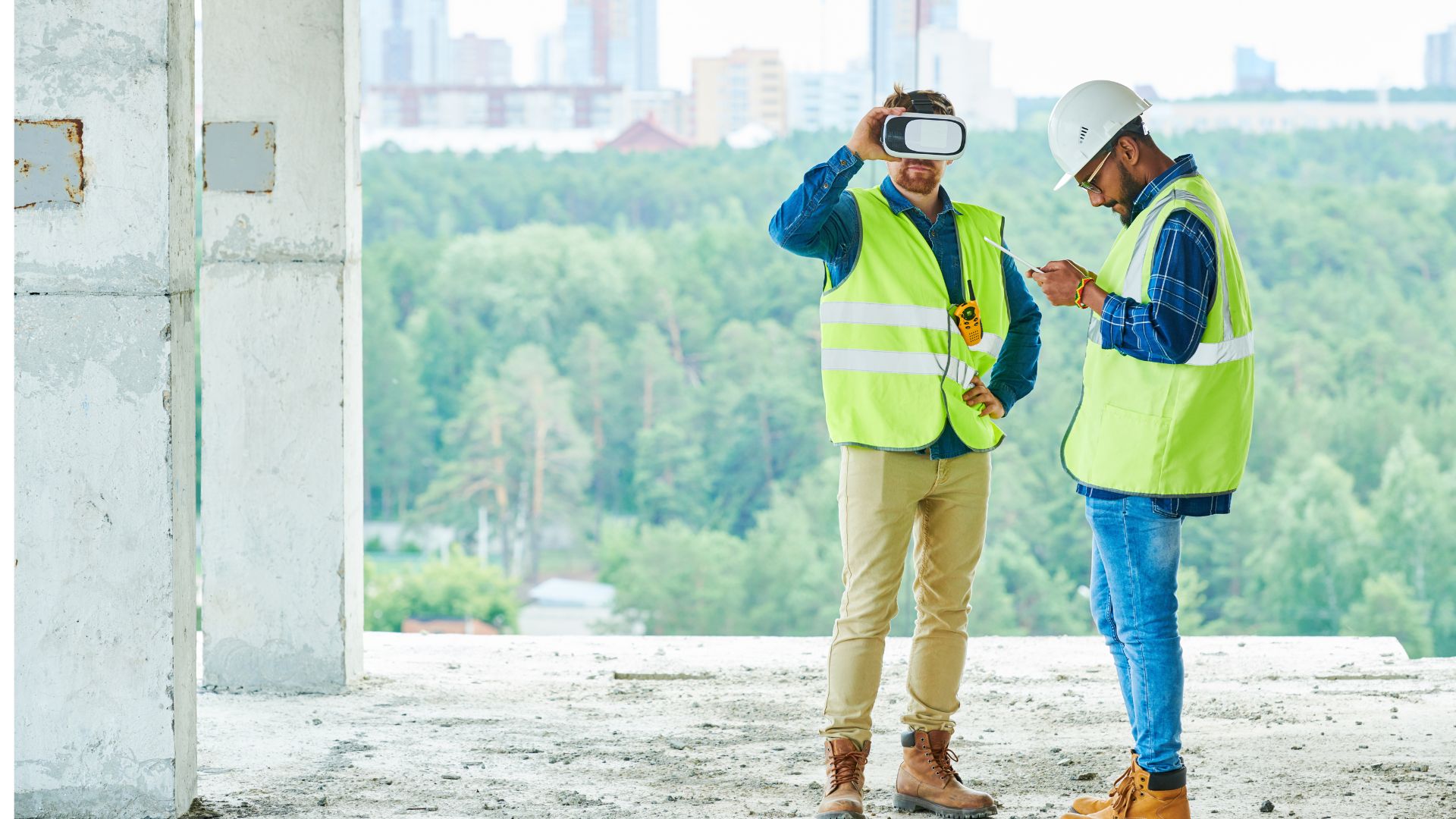
Why did Developers need to Embrace VR & AR in Construction Technology?
Modern property development needs innovative technology from VR and AR because these benefits create a winning advantage within today's market.
Enhanced Project Visualisation & Decision-Making
Design accuracy and elimination of mistakes should occur before projects start their construction phase.
Faster Approval Processes & Real-Time Collaboration
Design approval timelines shorten as stakeholders can experience virtual environment representations of construction designs.
Reduced Costs & Time Savings
Strategic planning combined with automated processes enables the reduction of both materials used and workplace expenses.
Better Customer Engagement & Marketing
Companies can use interactive media to engage potential investors and real estate buyers toward property transactions.
Addressing the Challenges of Adopting VR & AR in Property Development
VR and AR adoption as construction technology tools presents challenges to organisations despite their powerful advantages. These obstacles become manageable through appropriate strategies.
High Initial Investment & Cost Barriers
A high initial investment for VR & AR becomes vindicated by subsequent long-term savings.
Need for Technical Expertise & Training
The implementation of successful VR and AR applications in construction demands teams to undergo training by developers and requires partner communication with technical professionals to achieve maximum return on investment.
Security & Data Privacy Concerns
Effective cybersecurity strategies shield essential project files from security threats and protect all company client information.
Stay Ahead in Property Development with Cutting-Edge Construction Technology!
Companies that adopt VR and AR construction technologies will lead the modern digital transformation of the real estate and construction sectors. These technology shifts will change how developers plan their projects in current digital markets.
If you want to stay ahead and discover modern property and construction technology, attend the Construction Technology ConFex 2025 at JW Marriott Hotel Marina, Dubai, from 31 April 2025 to 1 May 2025. This annual event will feature cutting-edge solutions, expert guidance, and real-world tests of VR and AR technologies and digital tools used in property development.
Don’t miss this opportunity—attend Construction Technology ConFex 2025 and transform the future of your projects!
Just Say Hi there!
